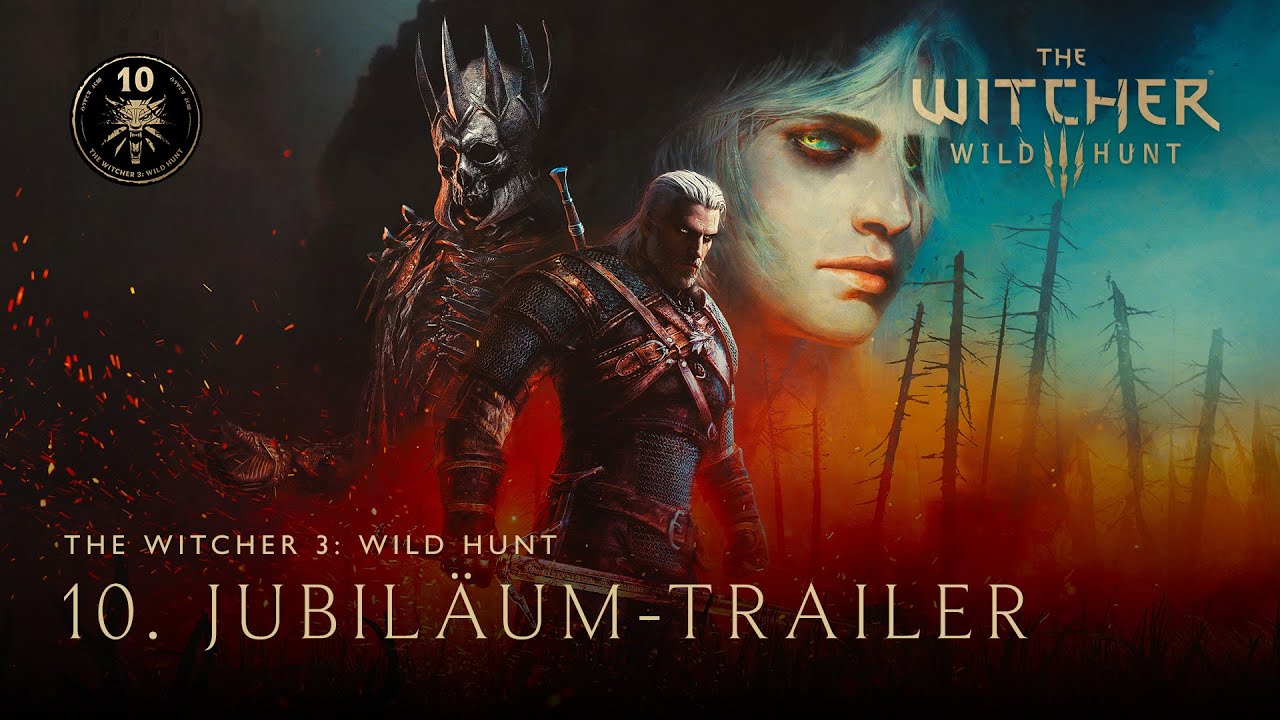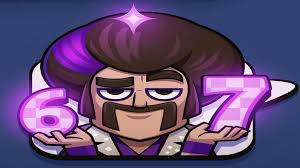Introduction to The Witcher
The Witcher franchise, originating from Polish author Andrzej Sapkowski’s novels, has evolved into a cultural phenomenon encompassing video games, a popular Netflix series, and more. Its significance lies in its ability to intertwine rich storytelling with intricate world-building, resonating with audiences globally. As the franchise continues to grow, understanding its impact becomes increasingly relevant to fans and newcomers alike.
The Evolution of The Witcher
The Witcher first entered popular culture in the 1980s with Sapkowski’s short stories, but it was the CD Projekt Red video game adaptations released in the 2000s that catapulted it into mainstream recognition. The Witcher 3: Wild Hunt, released in 2015, particularly received critical acclaim for its narrative depth and character development, winning numerous Game of the Year awards. This success paved the way for the subsequent Netflix series launched in December 2019, featuring Henry Cavill as Geralt of Rivia.
The Witcher on Netflix
Netflix’s adaptation of The Witcher has seen immense popularity, making it one of the platform’s most-watched series. The show not only appeals to gamers familiar with the lore but also attracts a new audience interested in fantasy storytelling. The series’ unique narrative structure, which includes non-linear storytelling, has also sparked discussions on the adaptation of literary works into visual media, highlighting both its successes and criticisms. With Season 2 premiering in late 2021 and a planned anthology series on the horizon, the franchise shows no signs of slowing down.
The Cultural Significance of The Witcher
The Witcher’s impact extends beyond entertainment; it has created a vibrant community of fans who engage in fan art, conventions, and discussions. The complexities of its characters and moral dilemmas mirror real-world issues, providing a platform for deeper conversations about ethics and humanity. Its inclusive approach to character representation has also garnered attention, showcasing diverse portrayals in fantasy settings.
Conclusion
As The Witcher continues to evolve across different media, its importance in the realms of gaming and television cannot be overstated. The franchise’s ability to captivate audiences through dynamic storytelling and relatable characters ensures its position as a significant player in modern entertainment. Looking ahead, fans can expect more developments, adaptations, and explorations within this expansive universe, solidifying The Witcher’s legacy as a staple in contemporary culture.

